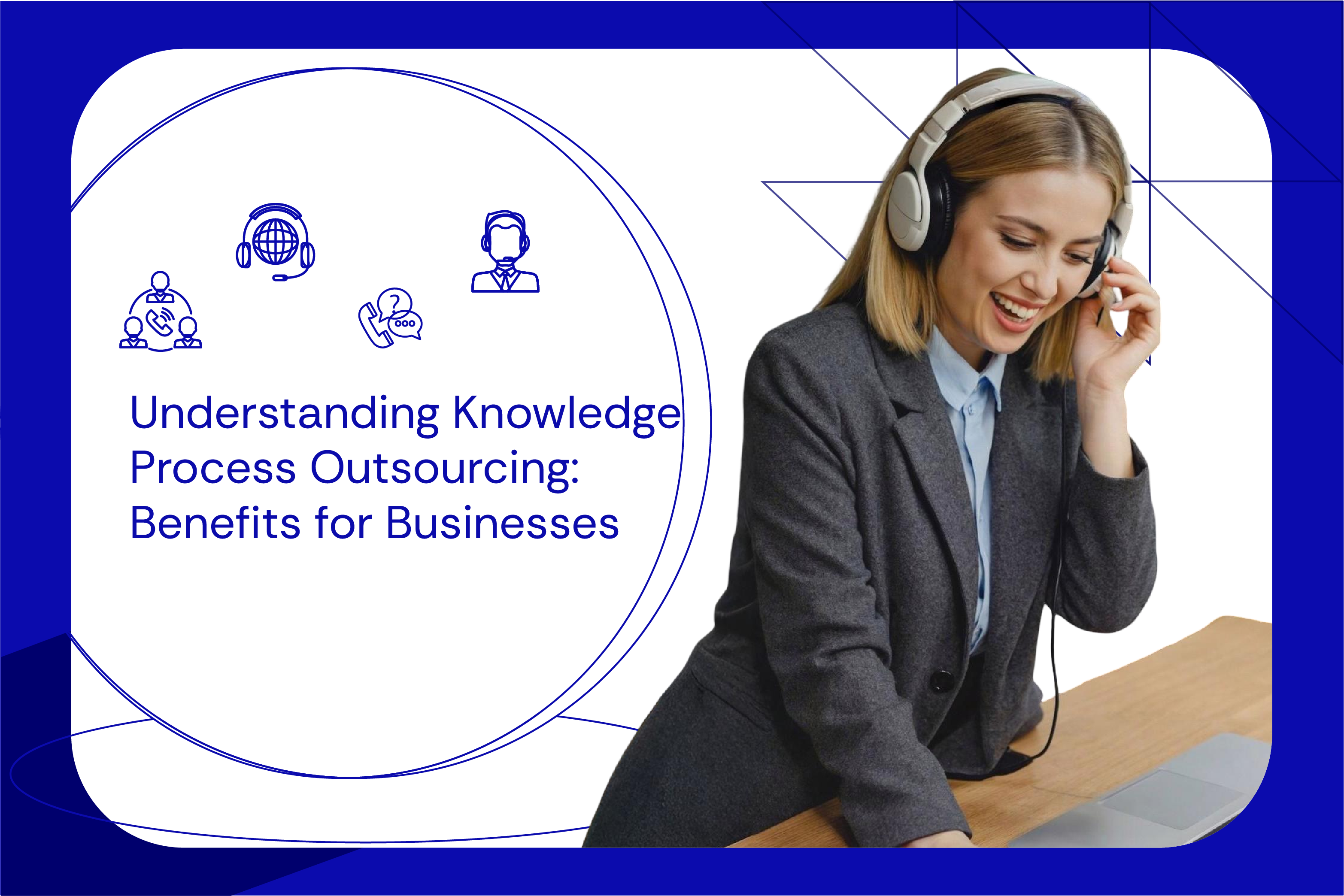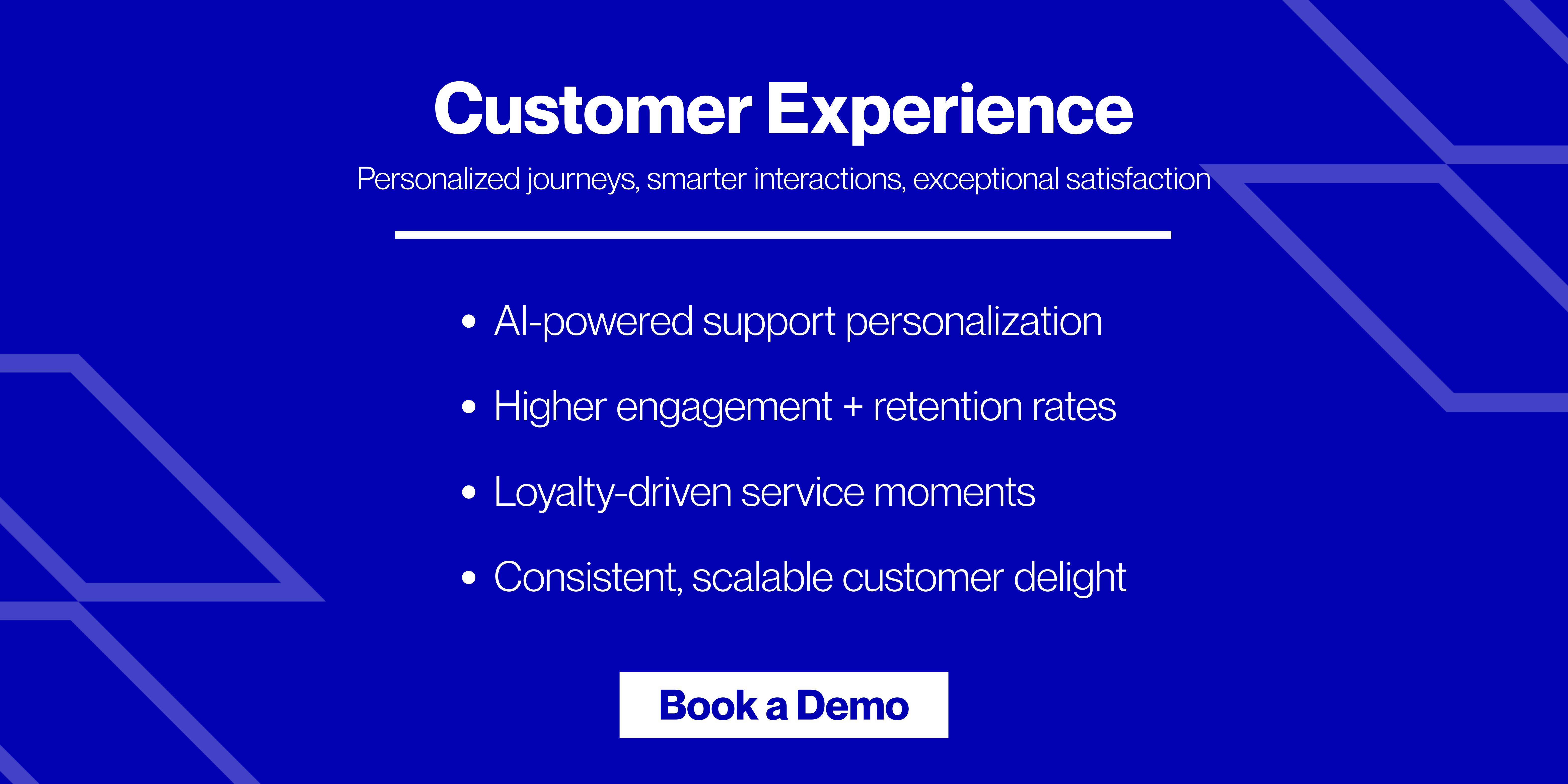Key Takeaways:
- KPO (Knowledge Process Outsourcing) lets businesses outsource high-skill, knowledge-intensive tasks to expert teams without the cost of hiring in-house.
- Unlike BPO, which focuses on repetitive execution, KPO delivers strategic support like financial modeling, research, legal analysis and content strategy.
- Consumer brands and D2C companies in the U.S., U.K. & Australia use KPO to gain specialized expertise, speed, and scalability.
- For organizations with 5+ employees and $5M+ revenue, KPO unlocks cost savings, innovation capacity, and stronger customer experience outcomes.
What Is KPO?

Let’s be real—running a business in 2025 today is a balancing act. You’re trying to stay competitive, keep up with demand, innovate, and make smart financial decisions… all while juggling the day-to-day chaos. Sound familiar?
That’s why more and more companies in 2025 are asking the same question: “How do we keep growing without burning out our team or blowing up our budget?”
The answer for many: partnering with a KPO provider.
You simply partner with AtiDiv’s KPO provider, who already has the brainpower, experience and tools to plug right in. This can be valuable for consumer brands and D2C companies in fast-paced markets like the U.S, U.K. and Australia, where the demand for specialized support and faster execution in 2025 is higher than ever.
That’s where KPO comes in.
So, how do you define KPO, exactly?

KPO meaning: Knowledge Process Outsourcing refers to outsourcing high-skill, knowledge-driven tasks to experts outside your company, so your in-house team can stay focused on growth, strategy, and what they do best.
And no, it’s not just BPO with a shiny new name. Here’s the difference:
BPO (Business Process Outsourcing) is about offloading repetitive tasks—think data entry, payroll, or omnichannel customer experience service.
KPO, on the other hand, is all about strategic, analytical, or creative work that requires deep expertise. We’re talking market research, legal analysis, financial modeling, content creation, and intellectual property work—the kind of stuff that’s hard to do well unless you really know your stuff.
It’s like this:
If BPO helps you with the “how,” then KPO helps you with the “why,” the “what now?” and the “what’s next?”
- Need a competitive analysis to enter a new market?
- Need a detailed investment report or legal compliance audit?
- Need a full SEO content strategy written by actual experts?
That’s KPO territory.
And the best part? You don’t need to hire a whole new department or spend six months recruiting a unicorn employee. You simply partner with a KPO provider who already has the brainpower, experience, and tools to plug right in.
It’s smart. It’s scalable. And it’s why the KPO industry is blowing up right now and is projected to reach a market size of $169.78 billion by 2030.
Still curious? Let’s keep going. We’ll break down how it works, the benefits, and how to tell if it’s right for your business.
How Does the KPO Process Actually Work?

Alright, now that you have answered the question “What is KPO?”, you’re probably wondering, “How does this play out in real life in 2025?”
Good news—it’s simpler than you think. No complicated tech setup. No month-long onboarding. Just a few key steps that can make a huge difference.
Here’s how the typical KPO process unfolds:
- Spot the bottleneck: Your team’s stuck spending way too much time on research, analysis, or content; it’s a sign you need expert backup.
- Find the right KPO partner: Look for a team with industry know-how, clear communication, and a collaborative mindset. You’re building a partnership, not just outsourcing a task.
- Onboard like they’re part of your team: Share your goals, tools, and processes. The better the onboarding, the smoother the results.
- Let them do their thing: They handle the deep work. You review, give feedback, and get back to focusing on big-picture growth.
- Scale when needed: Ramp up the KPO process during busy seasons or dial things down when it’s quiet.
Why the KPO Industry Is Booming Right Now

The KPO industry is growing like wildfire. It is projected to reach $169.78 billion by 2030 and here’s why: In today’s business world in 2025, it’s not about who has the biggest team—it’s about who’s the most agile, efficient, and strategic. And more companies are finally realizing that they don’t need to keep everything in-house to be great at it.
That one mindset shift has opened the door to a whole new way of working, where you outsource specialized tasks to people who are already amazing at them, instead of hiring, training, and hoping it all works out.
- Need financial models built? Hello, analysts in India who do this in their sleep.
- Need data cleaned, analyzed, and turned into insights? A KPO team in the Philippines can deliver it faster than your internal team ever could.
- Need a legal researcher? You can find a qualified expert in Eastern Europe who knows your industry inside and out.
And thanks to modern tech, this all happens seamlessly and remotely. It doesn’t matter where your KPO partner is located (Asia-Pacific dominates 44% of the KPO market)—as long as they deliver great work, on time.
So, what’s driving this KPO process boom?
- Businesses are facing more complex problems. That means they need people with deep, niche expertise—and fast.
- You’re no longer limited by your local talent pool. The best person for the job might be halfway across the world—and now, you can actually hire them.
- Tools like Slack, Notion, Zoom, and Trello make collaboration smooth and remote onboarding a breeze. What’s more, is that advancements in AI have seen KPO service providers being able to cut costs by 40%(Deloitte), and they invariably pass on a portion of these cost savings to their clients, lowering service costs too!
CX leaders in consumer brands and D2C companies are looking for ways to reduce overhead without cutting corners. KPO is the sweet spot—it gives you quality and efficiency. KPO lets you act like a large, well-funded enterprise—even if you’re a lean team trying to punch above your weight. That’s why everyone’s jumping on board.
Top Benefits of KPO for Businesses

Let’s be honest—we all love a good ROI. And when it comes to KPO, the benefits KPO outsourcing are seriously impressive. Whether you’re a startup founder, a 5-person team, a mid-sized business scaling fast with $5M+ in revenue, or a global org looking to streamline operations, the benefits KPO outsourcing brings make it easier for you to operate with enterprise-level gives you some massive wins without the overhead.
- Access to top-tier expertise: Skip the hiring struggle. KPO providers already have vetted professionals who live and breathe this kind of work. You plug them in and get expert-level output, minus the wait.
- Lower operational costs: With KPO, you only pay for what you need. No annual contracts. No idle employees during slow seasons. Just high-quality work, when and where you need it.
- Faster turnaround times: KPO teams are laser-focused on what they do. Because they specialize in specific processes (research, analysis, legal drafting, etc.), they work faster, more efficiently, and with fewer mistakes.
- More time for strategy: KPO frees up your best people so they can finally get back to the strategic work that moves the needle. These KPO benefits are what make outsourcing a long-term growth lever, not just a short-term cost saver.
- Scalability on demand: With a KPO partner, you can scale up support instantly without rushing through hiring or overloading your internal staff. And when things settle down? You scale back, no harm done.
Which Industries Use KPO the Most?

Businesses of all shapes and sizes are tapping into KPO, because let’s face it: every industry has time-consuming, brainpower-heavy work that needs doing. So, who’s using KPO the most? Let’s break it down.
- Legal Services: Law firms and in-house legal teams are major fans of KPO—and for good reason. Contract drafting, legal research, and compliance documentation is all time-intensive. KPO providers step in with legal pros who can handle the paperwork, case research, and even intellectual property filings.
- Finance & Accounting: KPO firms offer specialized financial KPO analysts and accounting pros who can whip up reports, handle tax research, manage audits, and build forecasting models like it’s second nature.
- Market Research & Analytics: KPO providers offer teams who live and breathe data—they analyze trends, gather insights, and build custom reports that help you make better, faster decisions.
- Business Consulting: Consultants are under constant pressure to deliver insights and recommendations—fast. Many consulting firms partner with KPO providers to help with behind-the-scenes work like industry analysis, process mapping, benchmarking, and even presentation design. It’s like having a team of research wizards in your back pocket so you can stay focused on clients and deliverables.
- IT & Software Development: From QA testing to technical documentation and even code reviews, KPO providers can take on the heavy lifting, so your dev team isn’t buried in bug fixes when they should be building the next big feature.
- Content & Digital Marketing: Ever tried scaling content? It’s a full-time job times 10. That’s why 84% of businesses outsource their content creation, including content writing, SEO strategy, video editing, and even campaign analytics to experts who can keep up with demand without sacrificing quality.
For financial services KPO, outsourcing functions like portfolio analysis, compliance, and credit risk modeling allows institutions to reduce costs and improve decision-making accuracy.
Is KPO Right for Your Business?
If you are a VP, Director or Senior Manager leading customer support or CX in a consumer brand or D2C company, KPO can help you:
- Reduce operational burden while maintaining quality.
- Access deep expertise in finance, analytics, or content at a fraction of the in-house cost.
- Scale support capacity during growth or seasonal spikes without compromising customer experience.
At Atidiv, we partner with businesses in the U.S., U.K. & Australia to deliver KPO solutions tailored to customer support and CX teams. Whether you need research, financial modeling, or scalable content production, our teams act as an extension of yours, helping you.
Partner with Atidiv and scale smarter!
FAQs on KPO
1. What exactly is KPO, and how is it different from BPO?
KPO stands for Knowledge Process Outsourcing, which means outsourcing high-skill, knowledge-heavy tasks like research, legal work, or data analysis. BPO usually covers repetitive tasks like data entry or customer support—KPO goes deeper and requires specialized expertise.
2. What kind of work can I outsource through KPO?
You can outsource anything that requires deep subject knowledge, like financial forecasting, legal drafting, SEO content strategy, market analysis, and even technical audits. If it’s complex, strategic, or research-driven, it’s likely a great fit for KPO.
3. Who typically uses KPO services?
Businesses across industries—including legal, finance, marketing, consulting, and tech—leverage KPO. It’s especially popular with startups, agencies, and mid-sized teams that want to grow without overloading their internal staff.
4. Is KPO only for big companies?
Not at all! One of the best things about KPO is how scalable it is. Small businesses and startups use KPO to punch above their weight by accessing expertise they wouldn’t be able to hire full-time.
5. How do I choose the right KPO provider for my business?
Start by looking for a provider with experience in your industry, transparent communication, and a strong track record of delivering quality work. Ask about their onboarding process, team expertise, and how they measure success to ensure it aligns with your goals.

